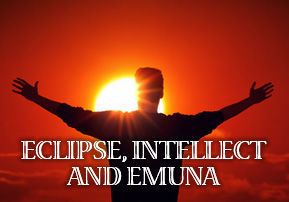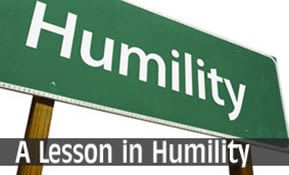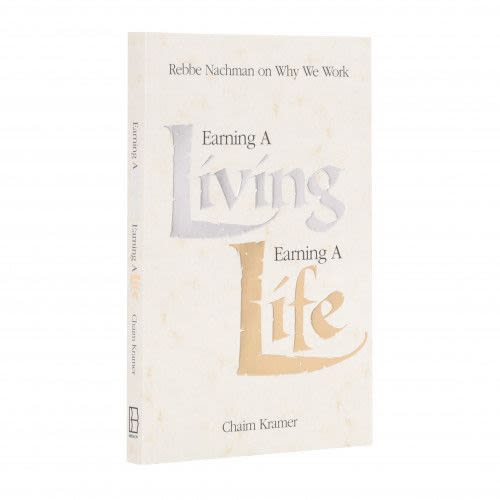
Bereishit: Eclipse, Intellect and Emuna
Parshat Breishit: How was the recent total eclipse of the sun an indication that the Geula is fast on the way and that emuna will soon spread all over the world?

And G-d said, "Let there be luminaries in the firmament of the heaven to separate between the day and the night; and they shall serve as signs, and for festivals, and for days and years. And they shall be luminaries in the firmament of the heaven to illuminate the earth", and it was so. And G-d made the two great luminaries, the greater luminary to dominate the day and the lesser luminary to dominate the night, and the stars. And G-d placed them in the firmament of the heaven to illuminate the earth. And to dominate during the day and during night and to separate between the light and the darkness. And G-d saw that it was good. And there was evening and there was morning, a fourth day. (Genesis 1: 14-19)
The Luminaries
The Gemara (tractate Chulin, 60) relates that Rebbe Shimon ben Fozzi cites what seems to be a contradiction in the Torah: first, the Torah states that G-d created the "two large luminaries". A second passage states that He created "the greater luminary to reign during the day and the lesser luminary to reign during the night." How do we reconcile these two passages?
In truth, Hashem at first created both luminaries as equals. But the moon expressed her dissatisfaction: "Master of the World, can two kings wear one crown?" In other words, the moon asked how she and the sun can govern simultaneously.
On the spot, the Creator commanded the moon, "You're correct; therefore, go and reduce yourself."
The moon argued, "Master of the World, just because I said something sensible, I must therefore be punished by reducing myself?"
Hashem replied, "Since you are correct in your claim, I shall let you reign both during the day and at night, for one will be able to see the moon during the day as well as at night, yet the sun will only be visible  during the day."
during the day."
The moon complained, "What good is it that I'll be seen during the day? I'll be no better than a candle at noontime, which serves no purpose."
When Hashem saw that the moon was not yet placated, He promised the moon that the Jewish People would use a lunar calendar for counting days, months and years as well as for assigning dates to holidays and festivals.
Again the moon complained: "But that means that the sun will partner with me, because one can't count days without the sun."
"If so," responded Hashem, "the tzaddikim will be named after you, as it is written, "Jacob the small", "Samuel the small," and "David the small." This too failed to satisfy the moon. When Hashem saw that she wasn't appeased, He said, "Atone for me since I reduced the moon in size." According to Rebbe Shimon ben Lakish, the monthly Rosh Chodesh (new moon) sacrificial sin offering of a goat, which we learn from the Torah in the portion of Pinchas, not only atones for the Jewish People but atones for Hashem's shrinking the size of the moon as well.
Sun and Moon – Intellect and Emuna
Our sages teach that the sun corresponds to intellect while the moon corresponds to emuna. As such, the sun also alludes to Torah whereas the moon alludes to prayer.
The above teaching is a key secret of spirituality, so much so that Rebbe Nachman's first of his thirteen famous tales deals with the "Lost Princess," allegorical of the moon, which was reduced in size.
Once we know that the sun is intellect and the moon is emuna, we realize that in creating the world, Hashem reduced the light of emuna in the world. Why? This was to preserve the concept of free choice between good and evil, an element that's intrinsic in creation. If the light of intellect and emuna were equal, then the evil inclination would have no power to tempt an individual. Even today in the Torah world, many respect Torah excellence (a derivative of intellect) more than they respect prayer (a derivative of emuna). If a person's power of emuna were just as strong as his intellect, he wouldn't sin, for a person who prays all the time clings to Hashem, and one who clings to Hashem can't possibly transgress at the same time. We can now understand King David's declaration in Psalm 119, "And I am prayer"; our sages tell us (see Talmud, tractate Shabbat, 30), that the evil inclination had no power over King David, for he was constantly praying and clinging to Hashem.
Rebbe Nachman writes (see Likutei Moharan I:7) that the main reason for the prolonged exile and diaspora is because of a lack of emuna, for emuna today is much less prominent than intellect. A common saying is that it's easier to compose one hundred nuances on Torah than to pray one prayer with pure and unblemished intent. We also see that people are willing to traverse the entire world in seeking what they want rather than to pray. The simplest advice of appealing to Hashem for whatever we need is difficult for people to implement. There is no lack of intellectual endeavors that people are more than welcome to devote time and effort to, but prayer and emuna are much lower on their list of priorities.
In light of the above, we can see the recent total solar eclipse as a sign of the approaching end of exile when emuna will finally spread all over the world, as we saw the moon totally overcome the light of the sun briefly on August 21, 2017. Let's hope that this is a sign for good things to come soon, amen!











Tell us what you think!
Thank you for your comment!
It will be published after approval by the Editor.